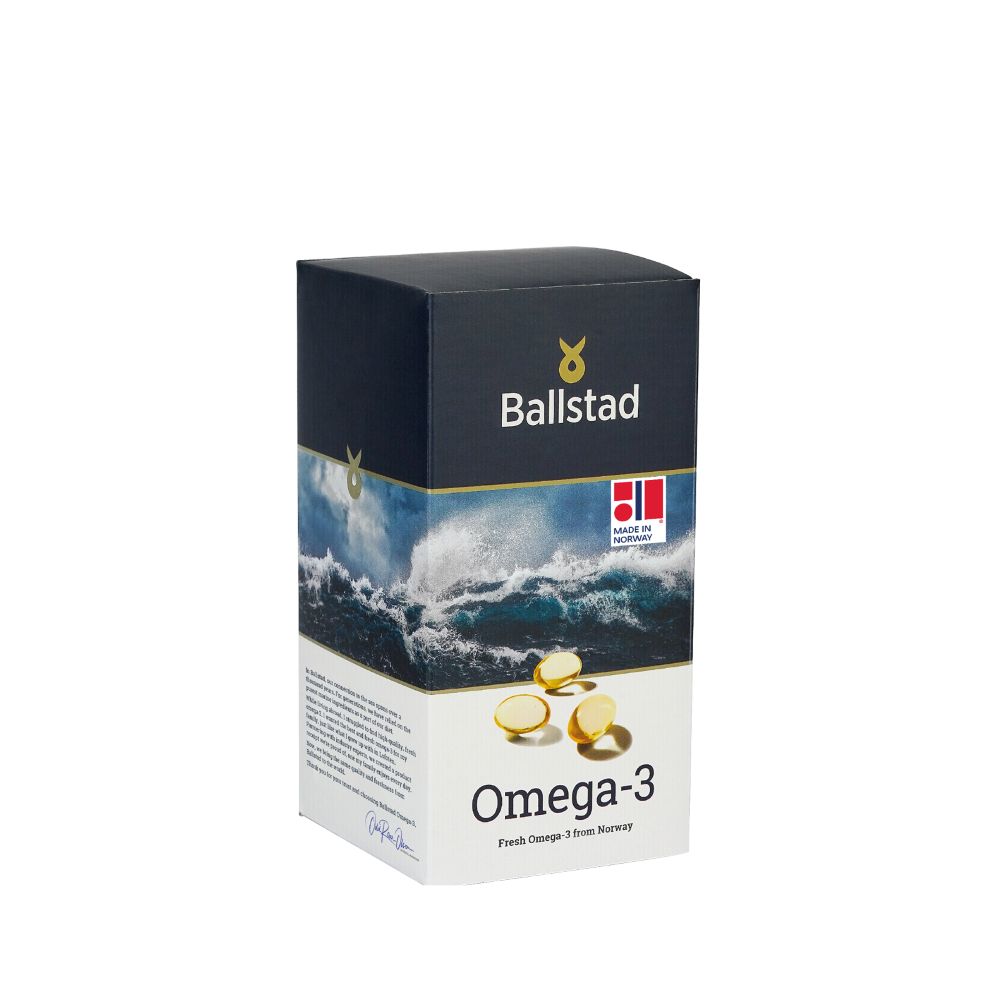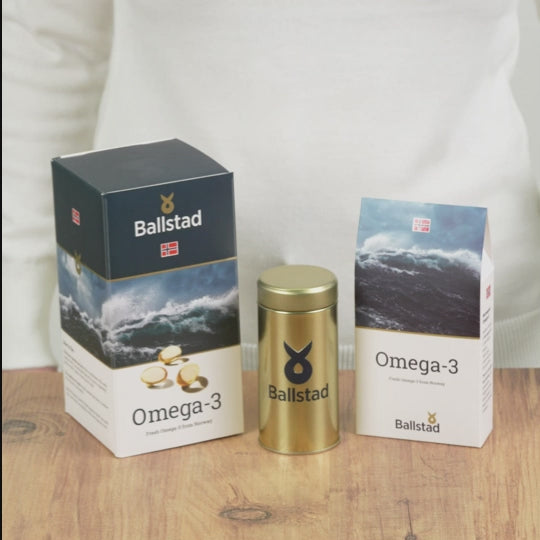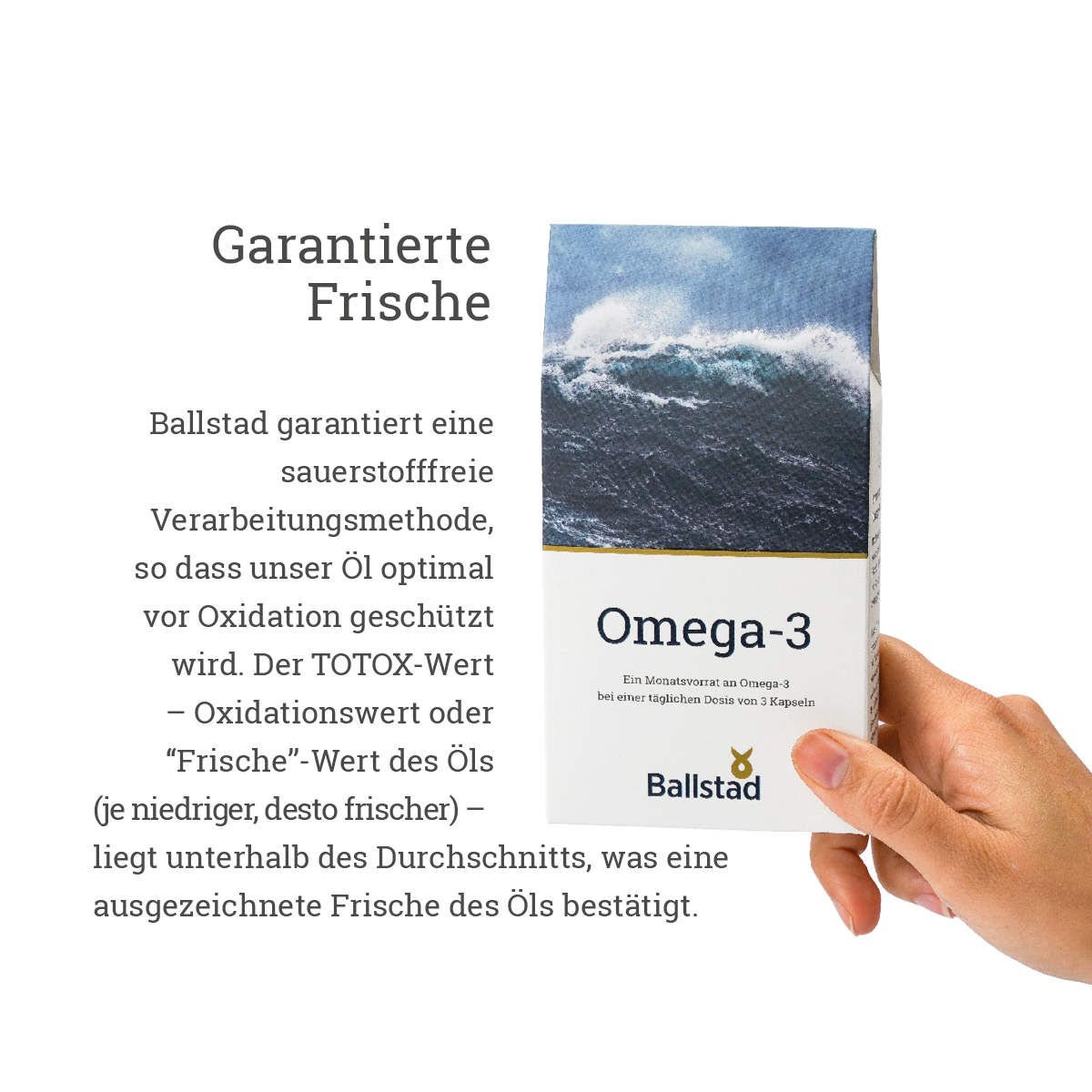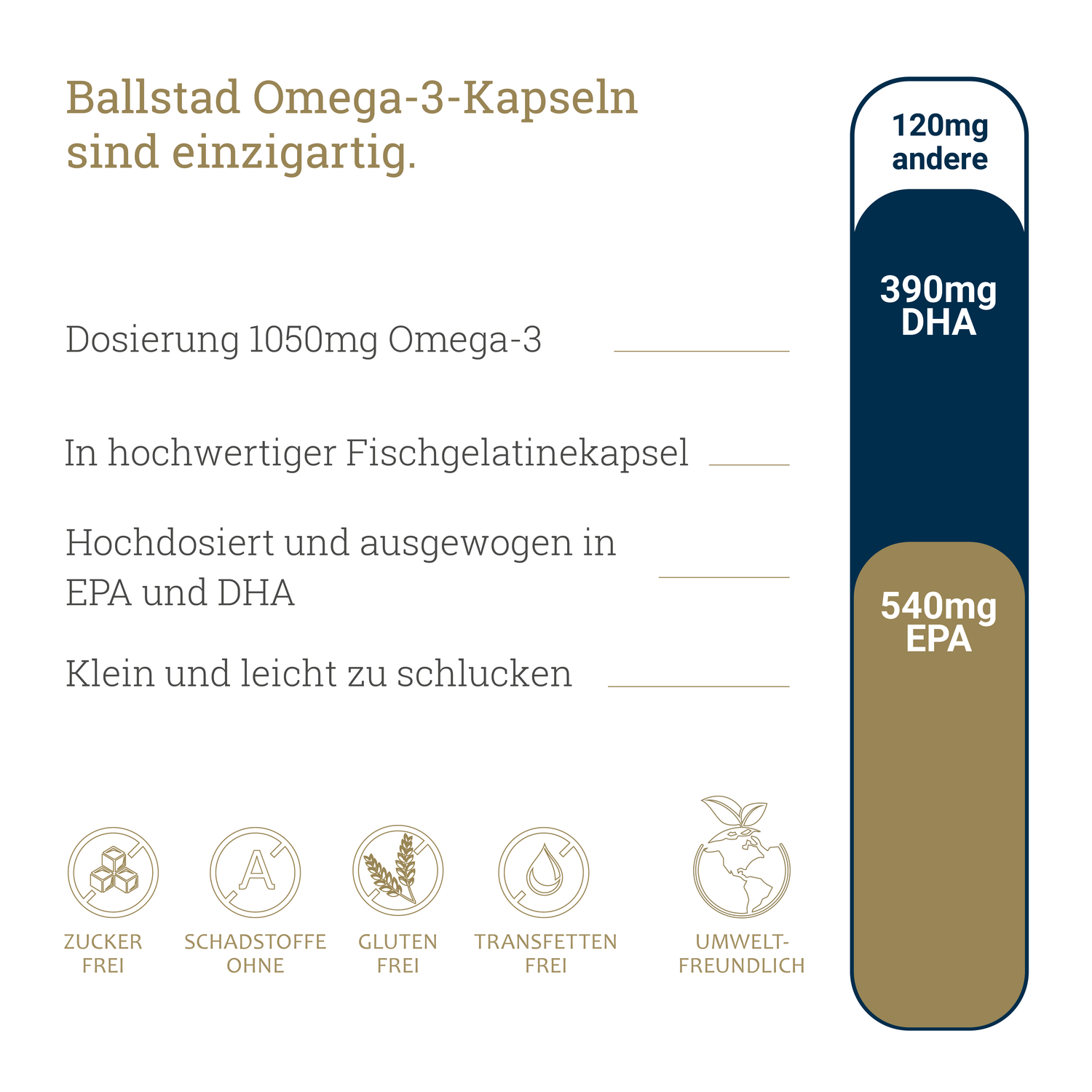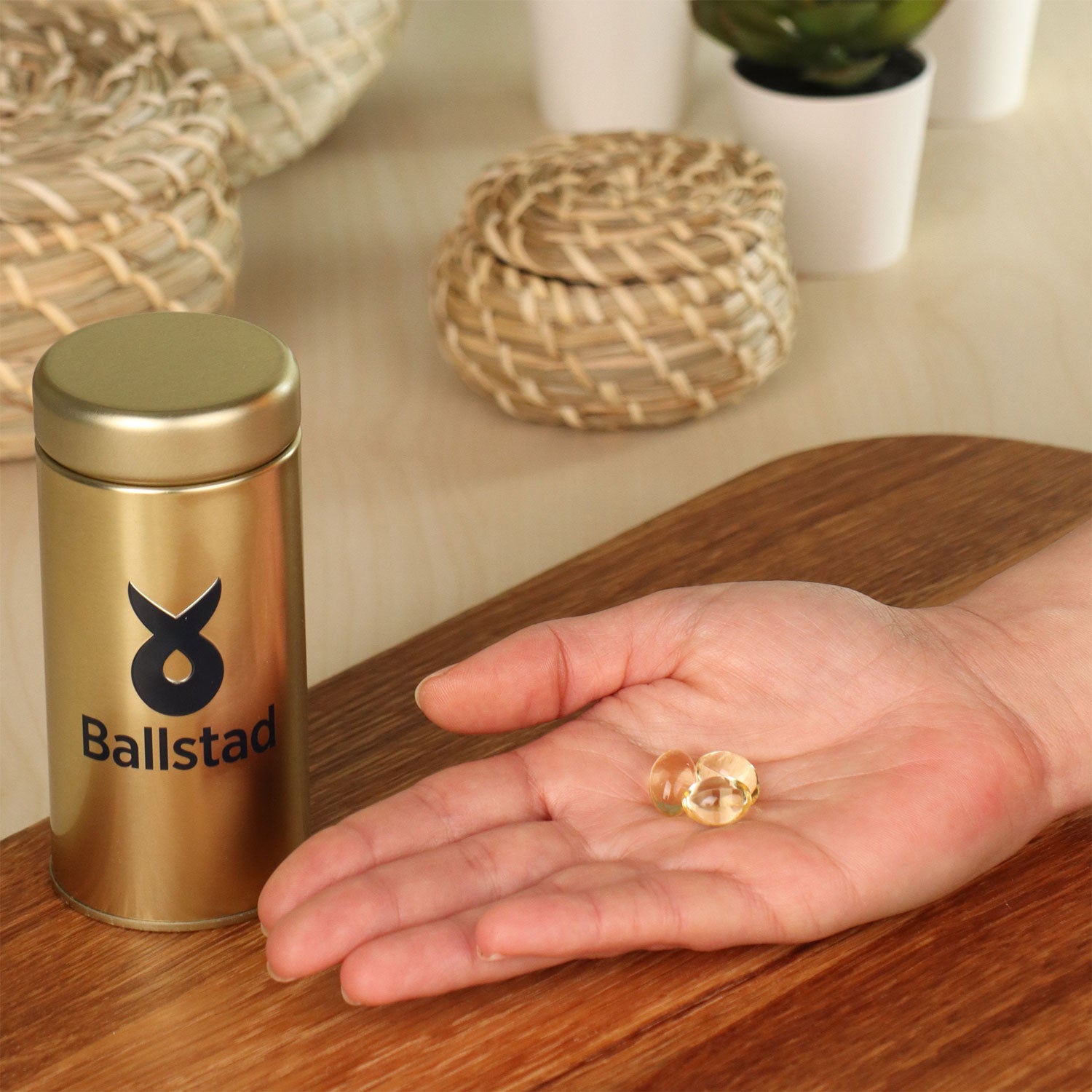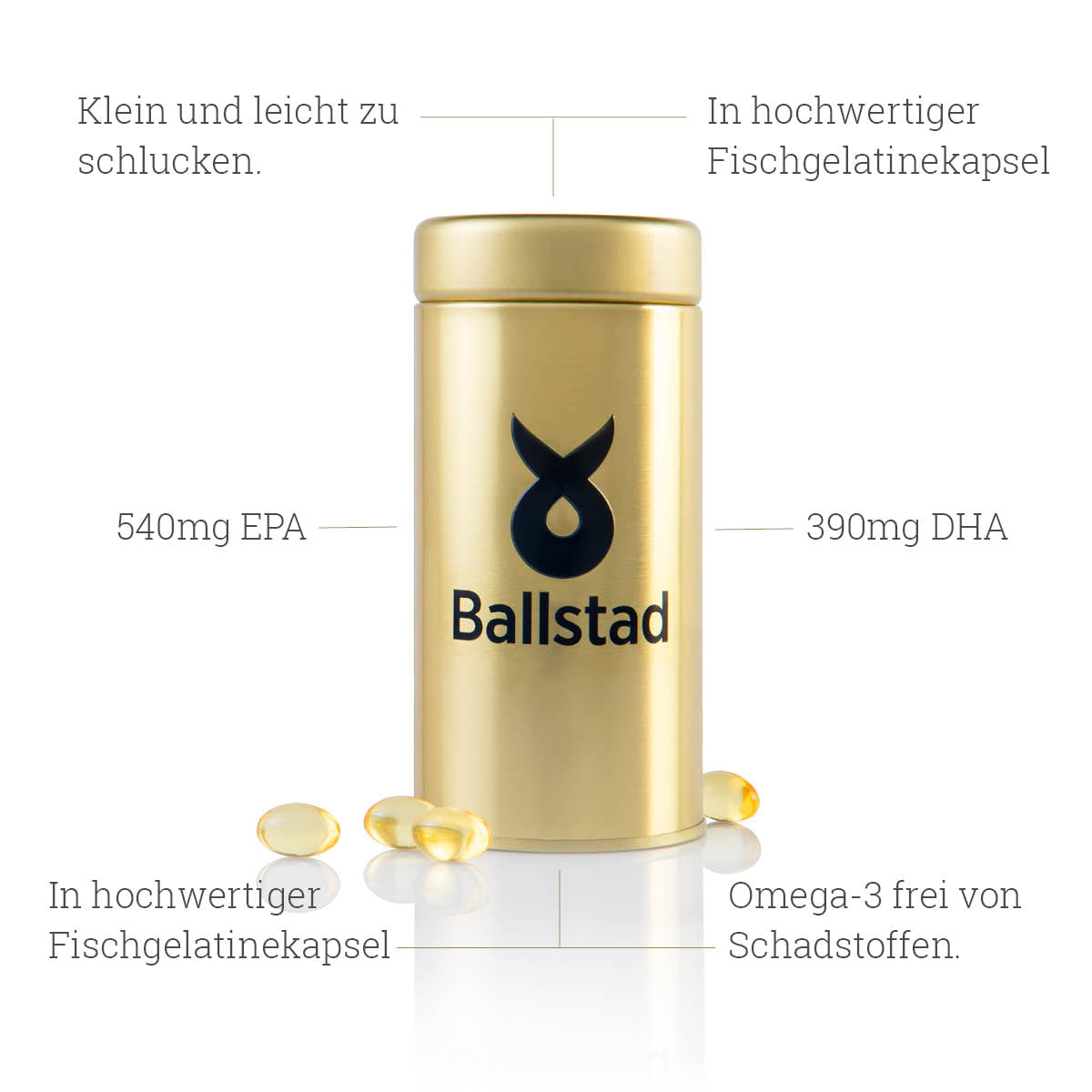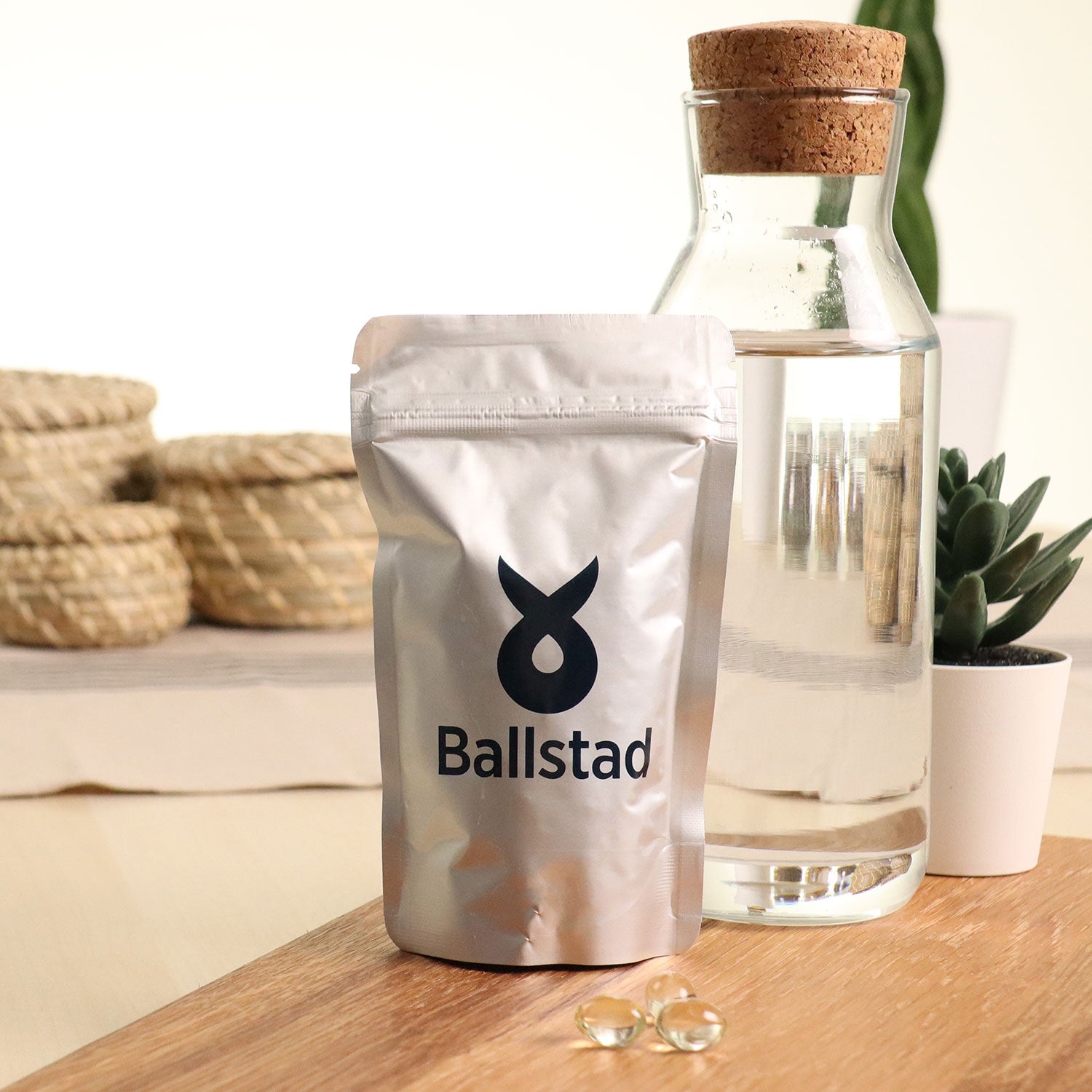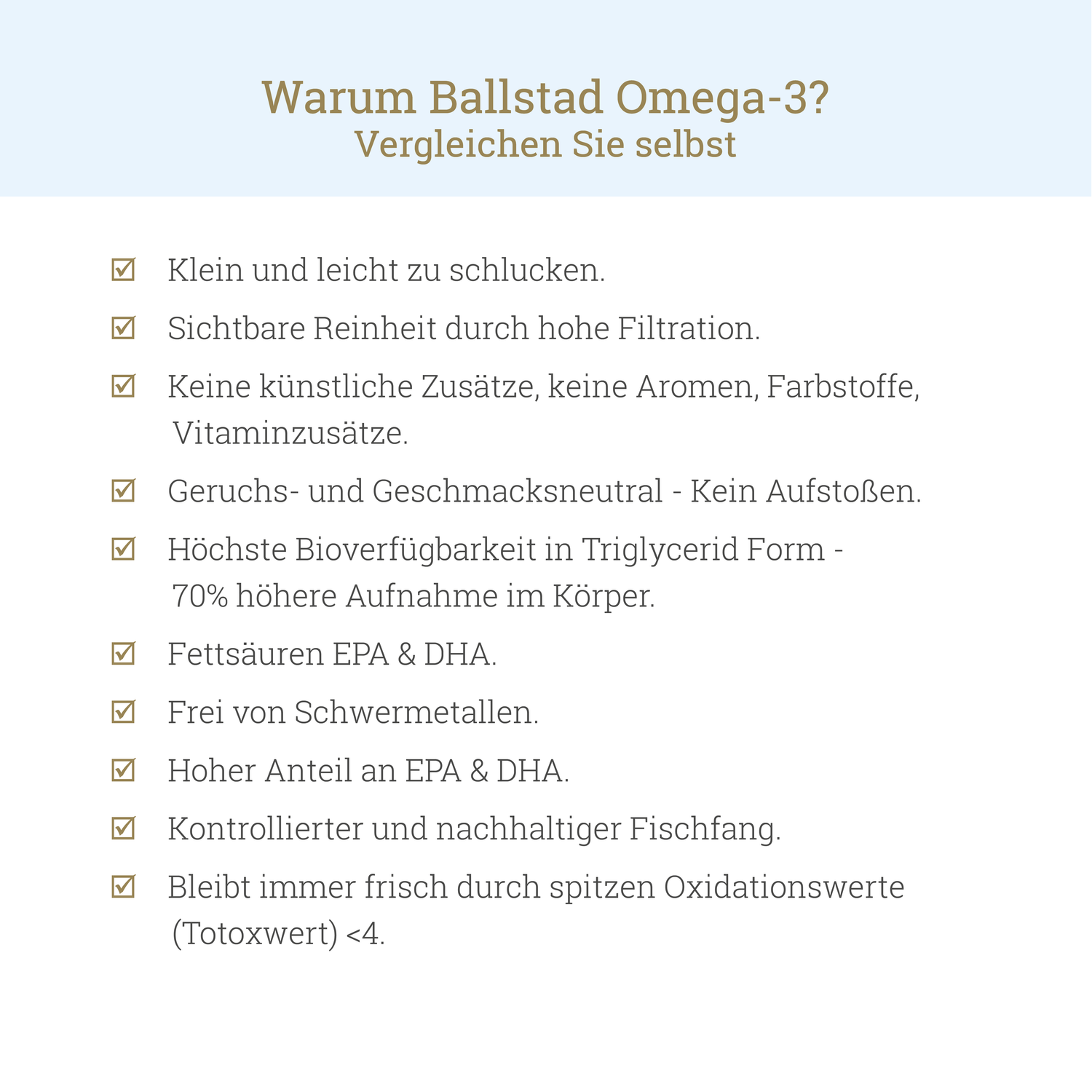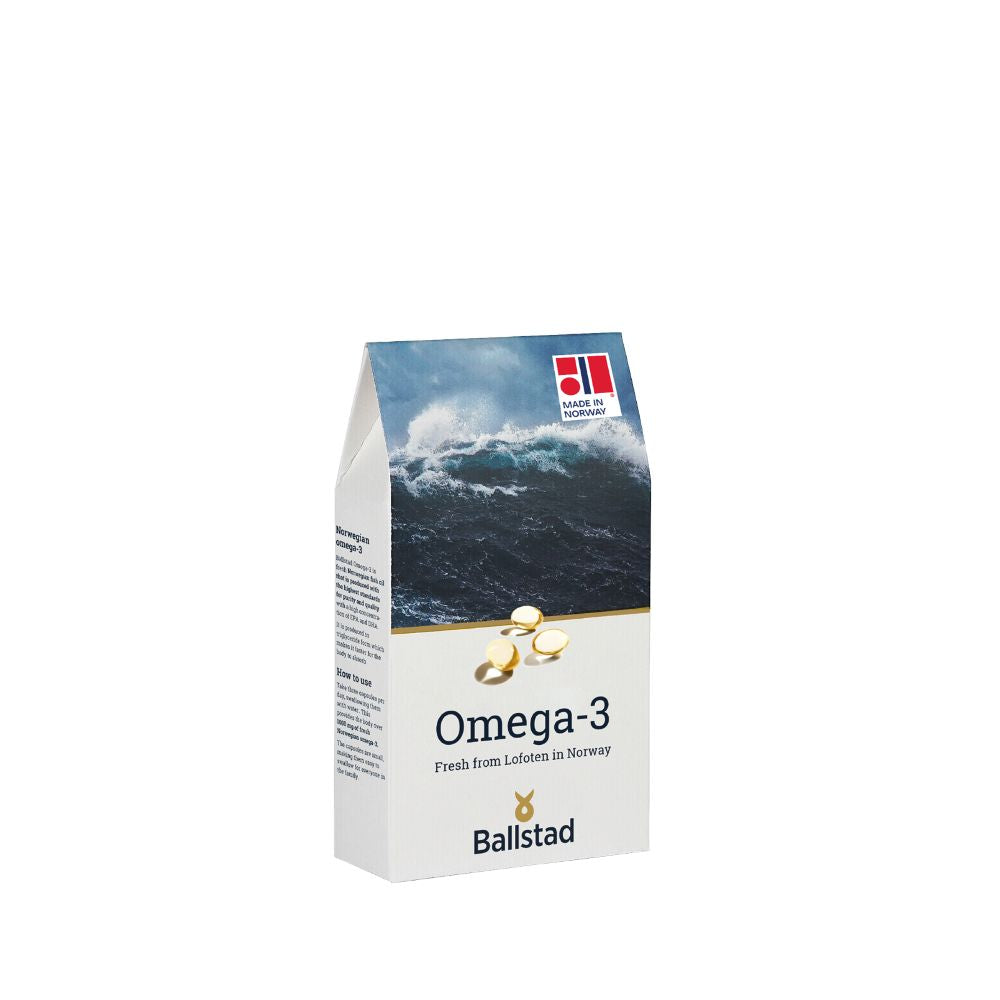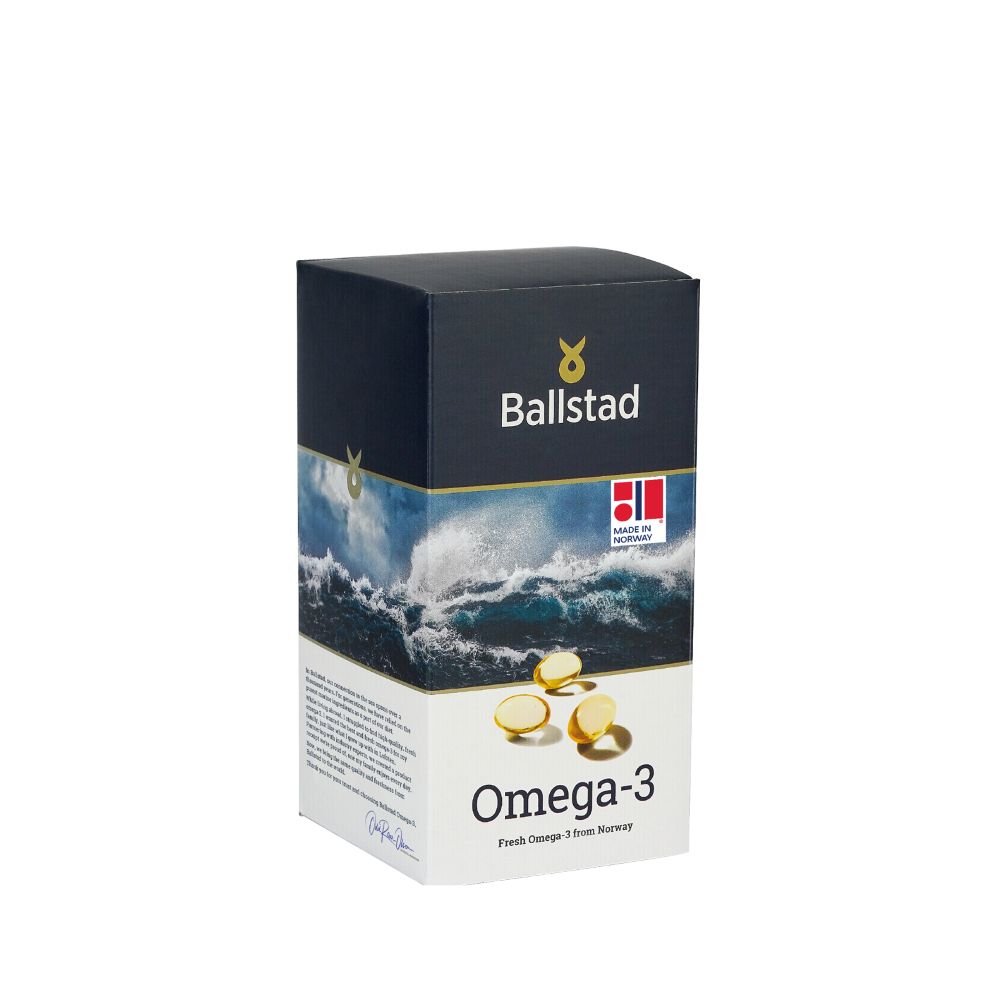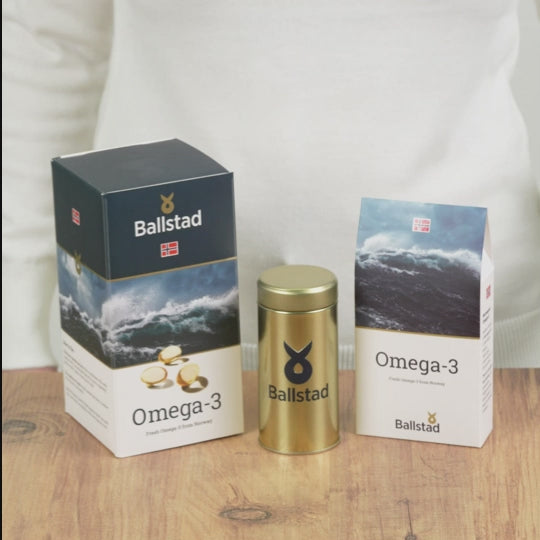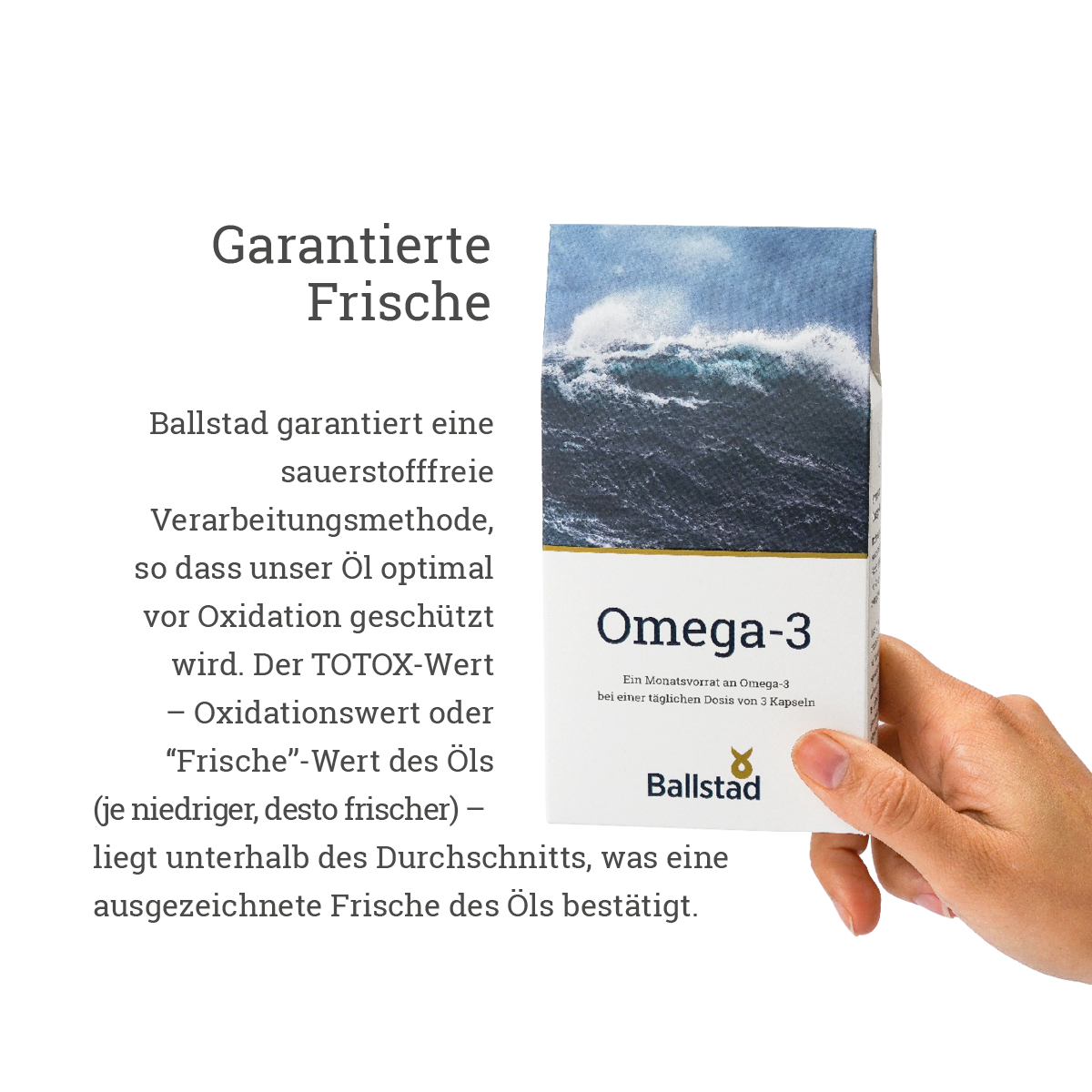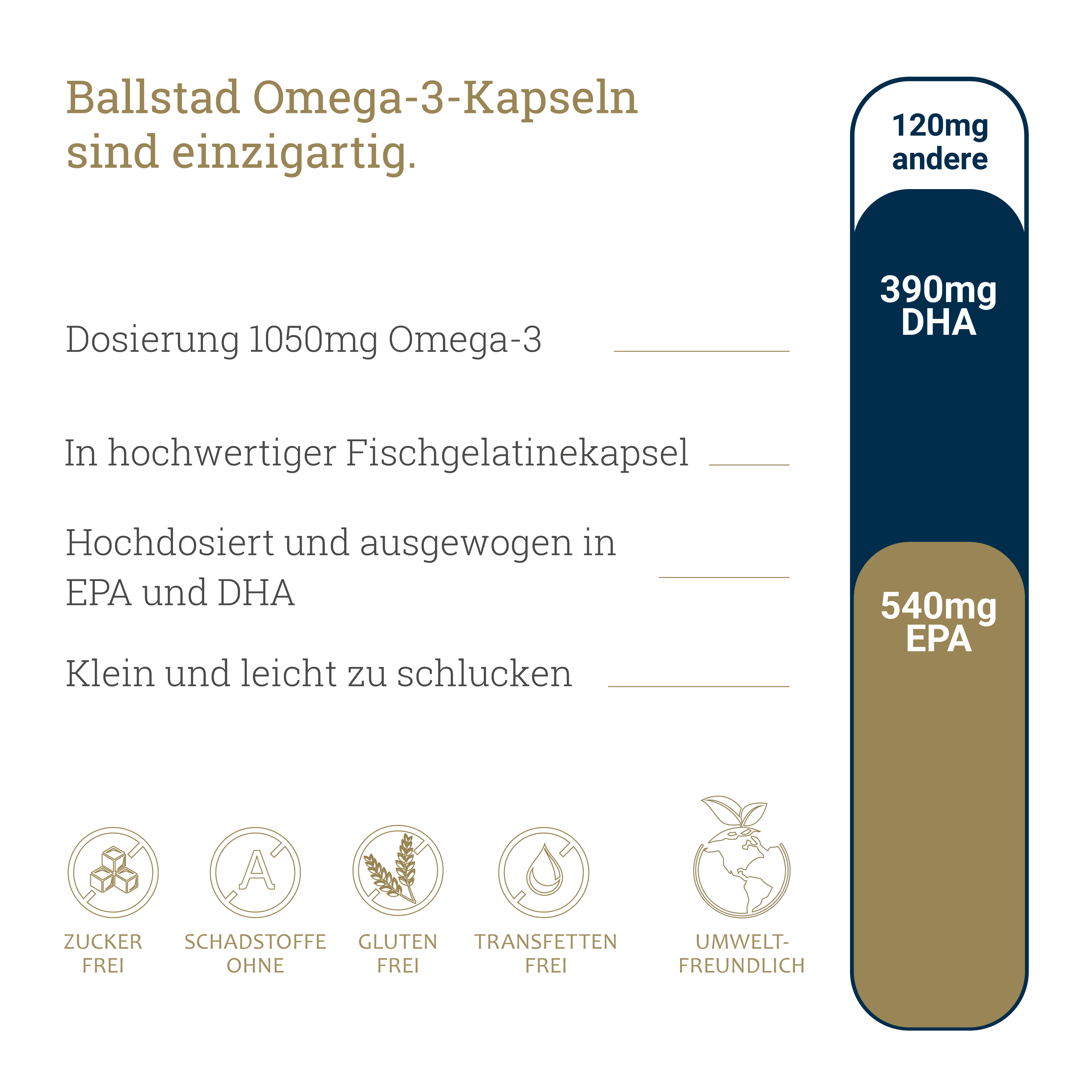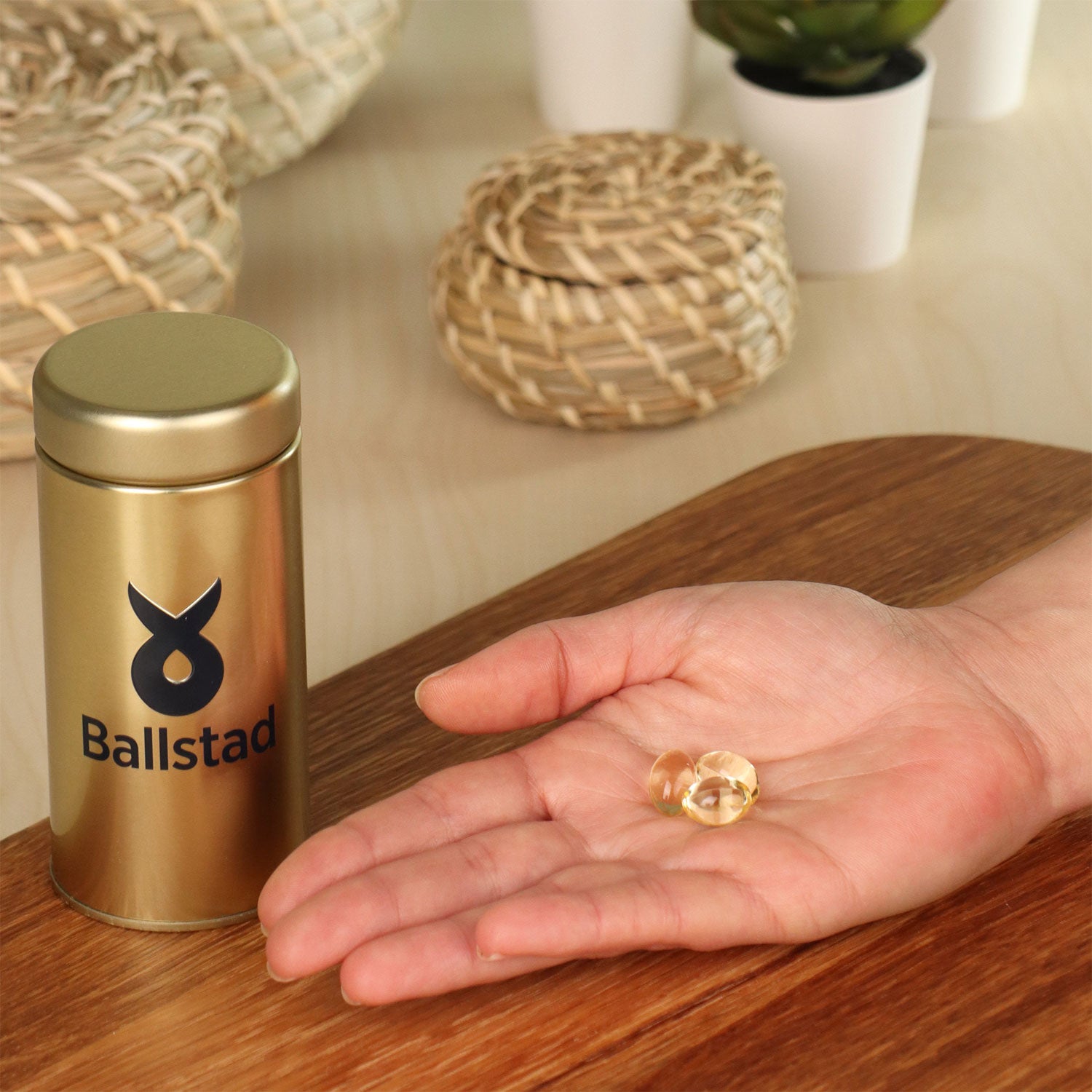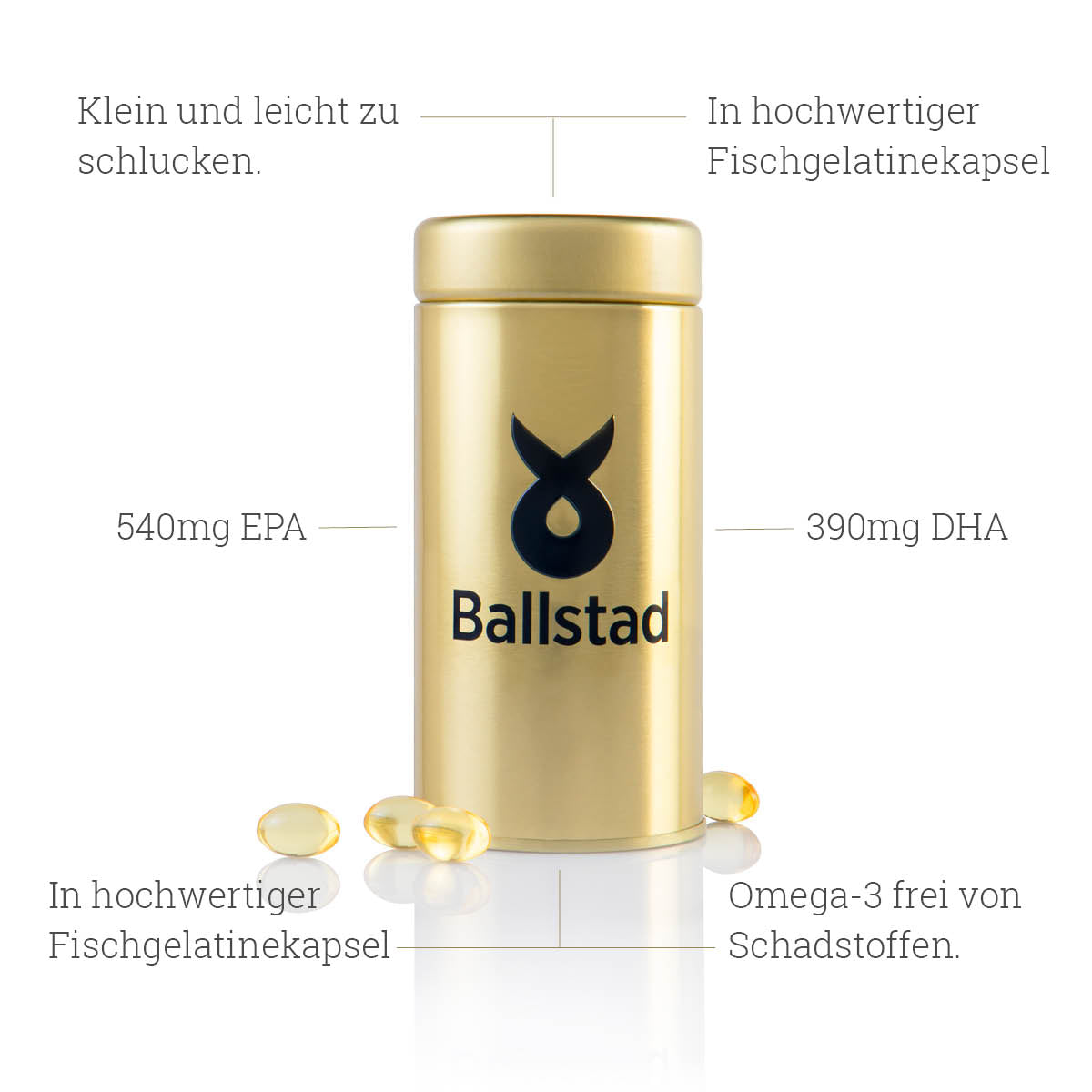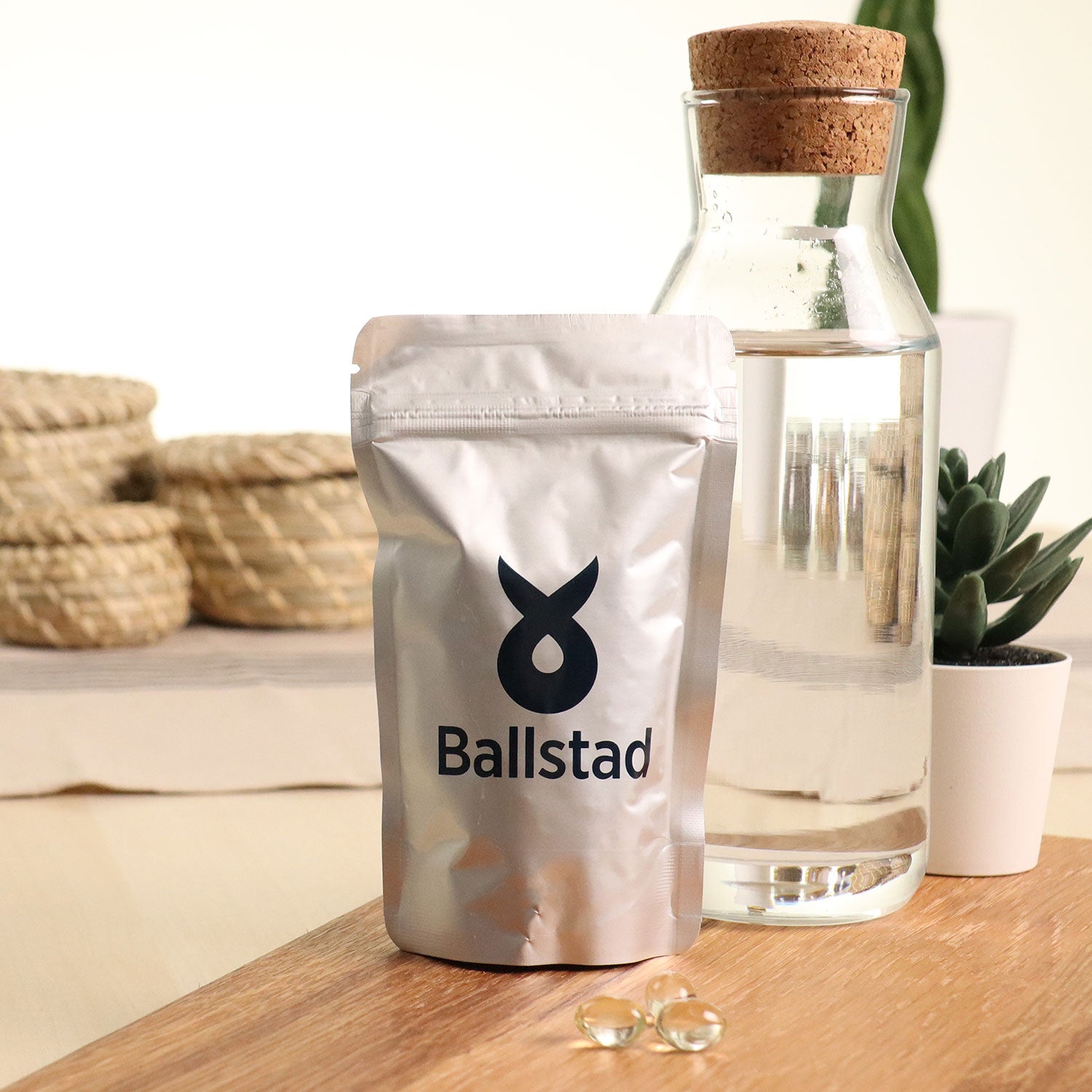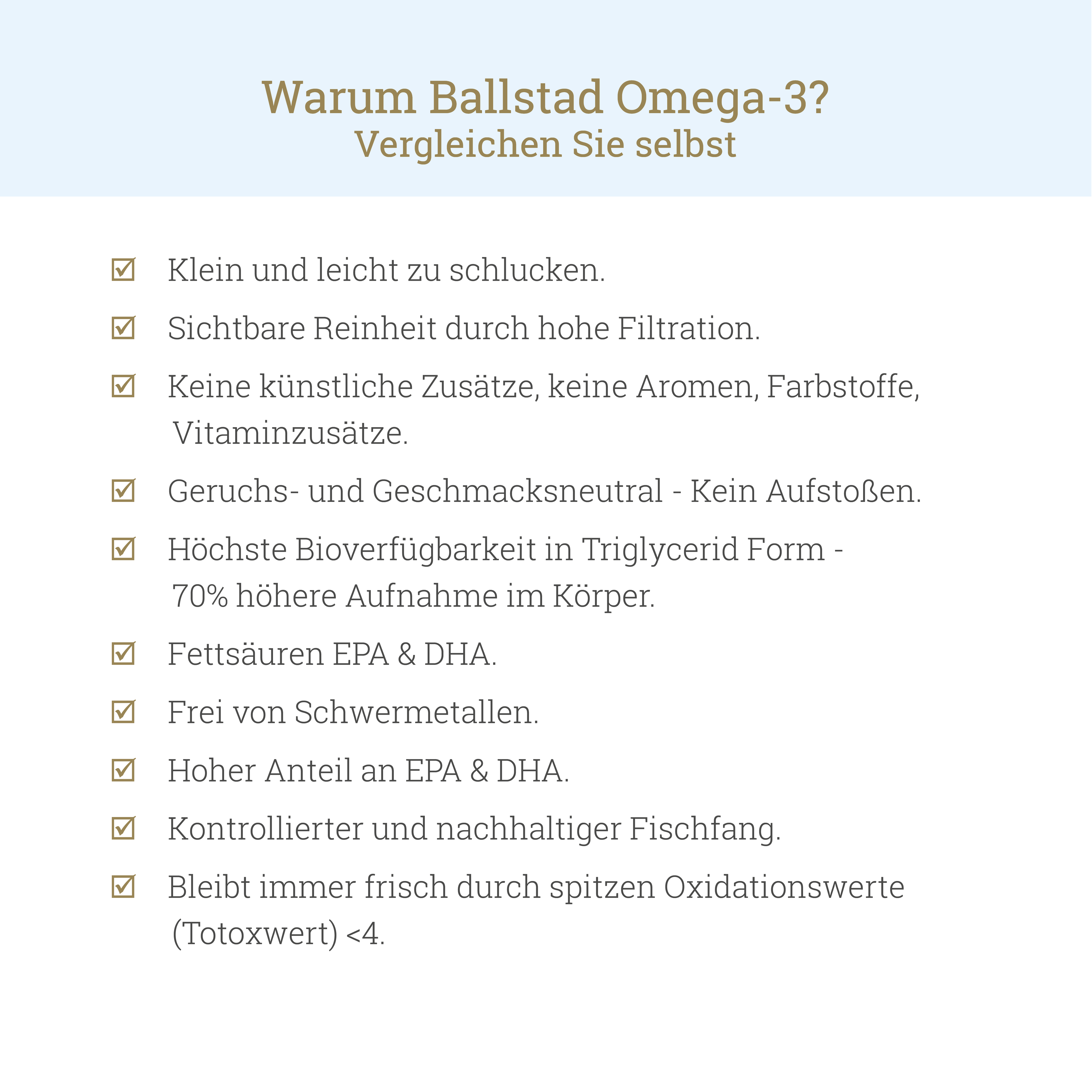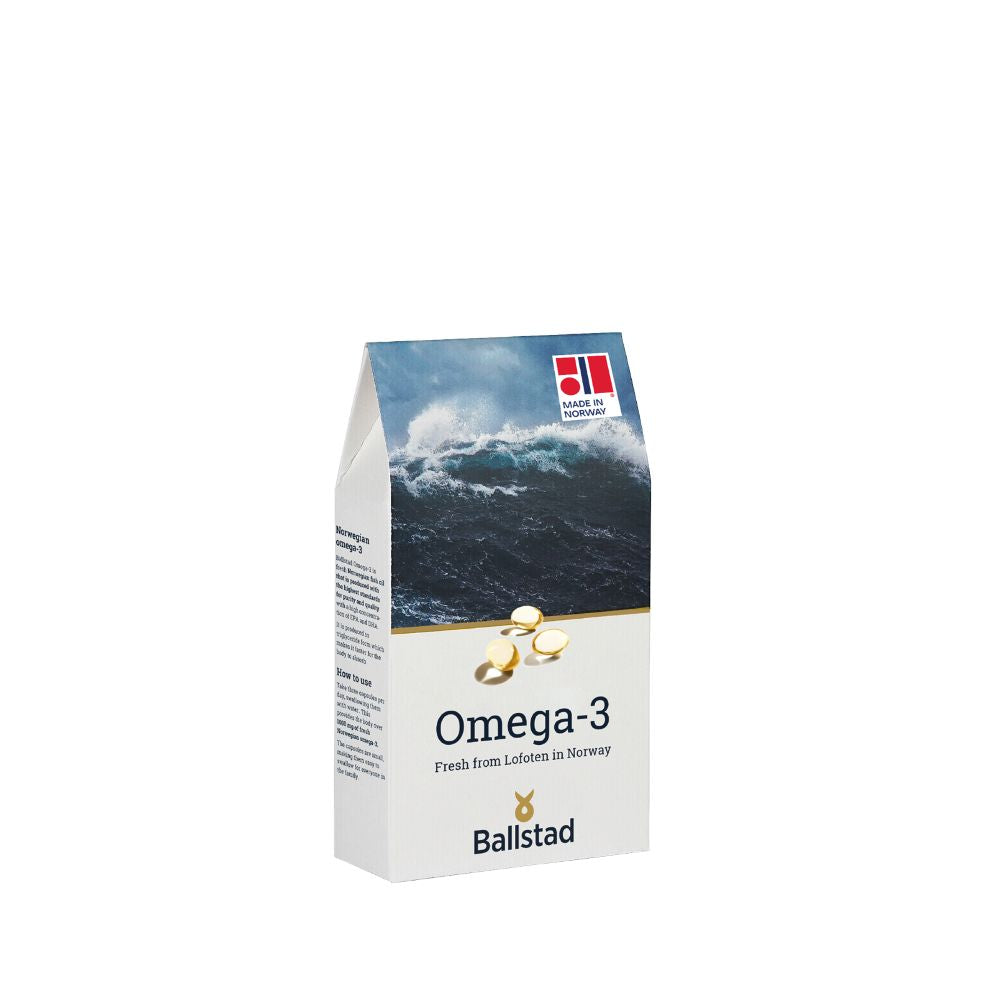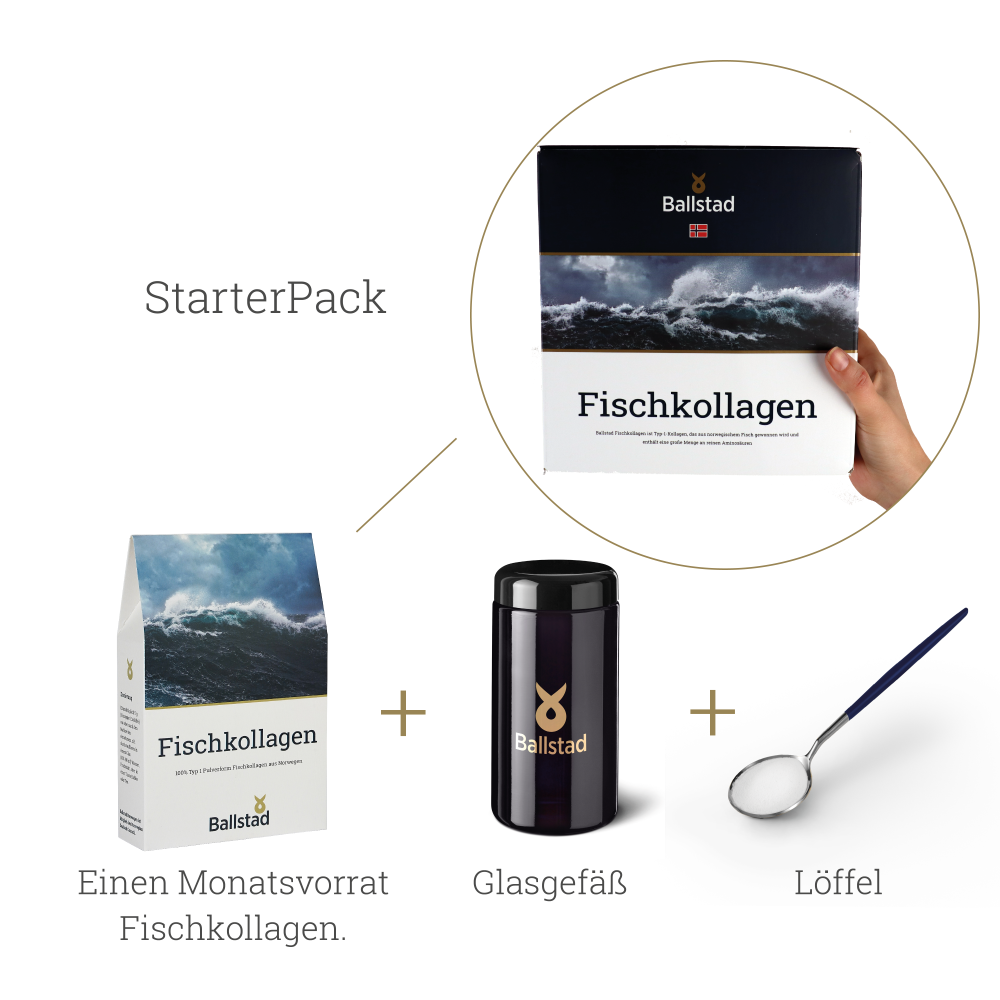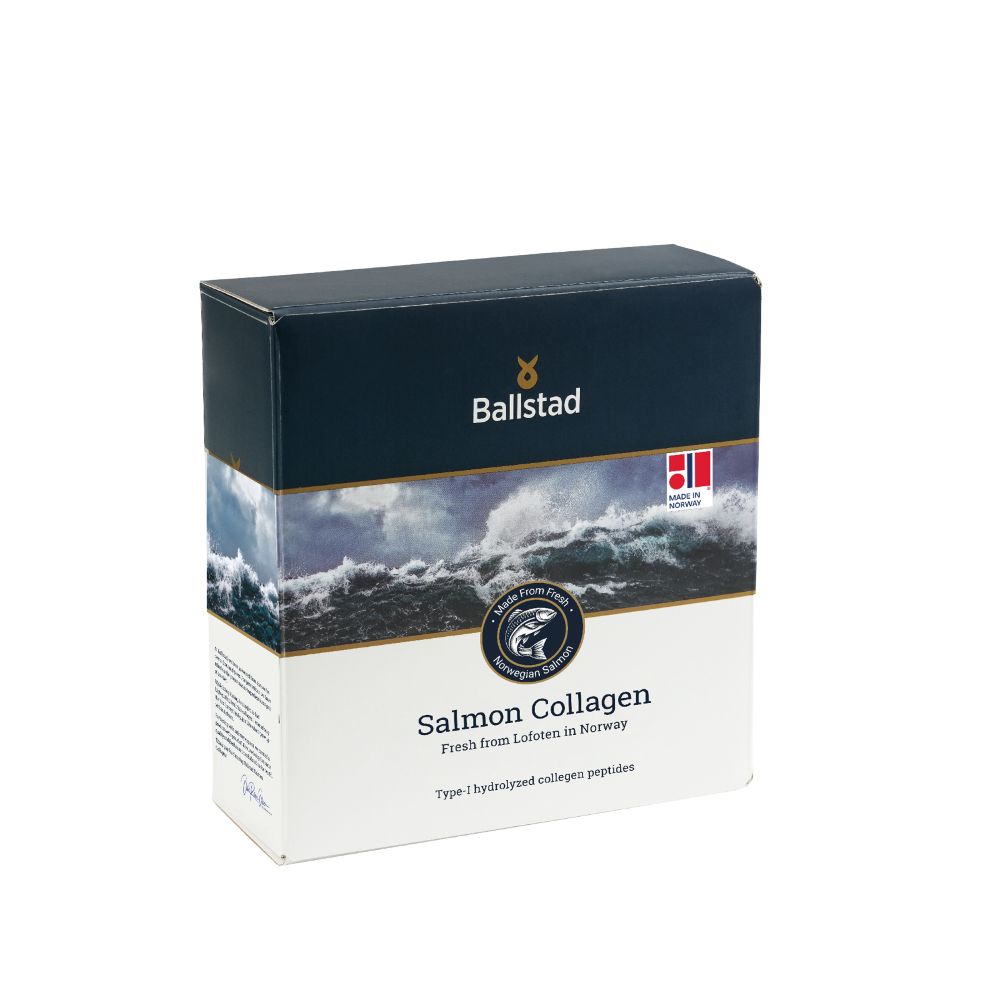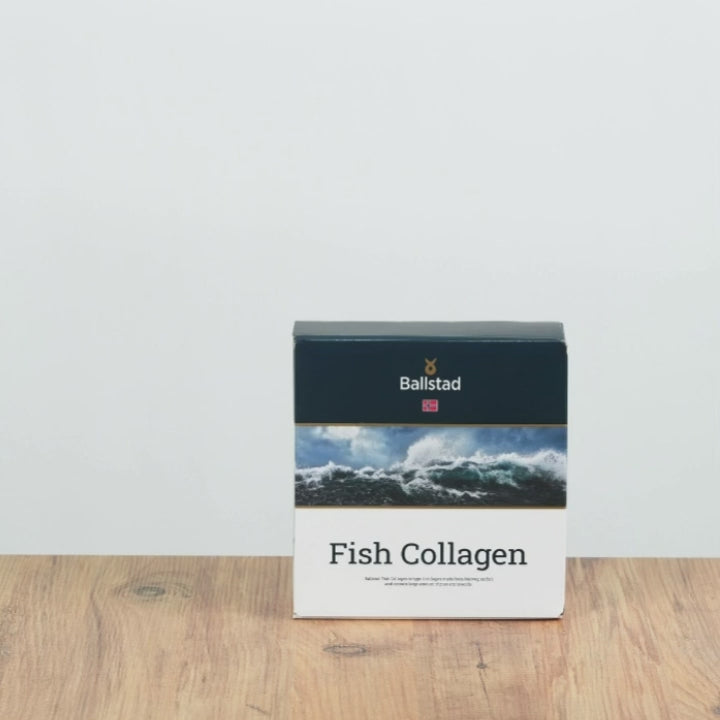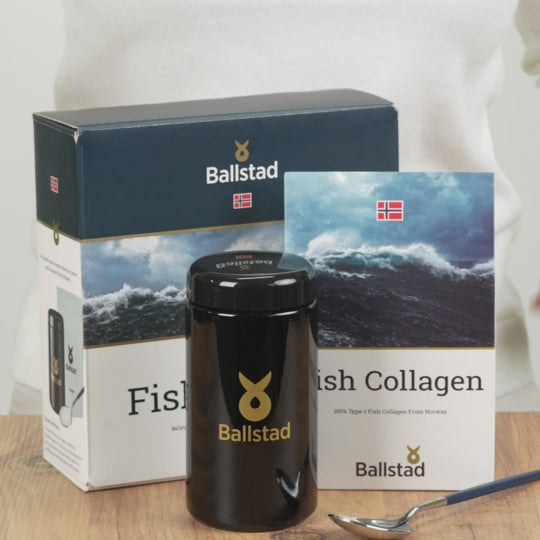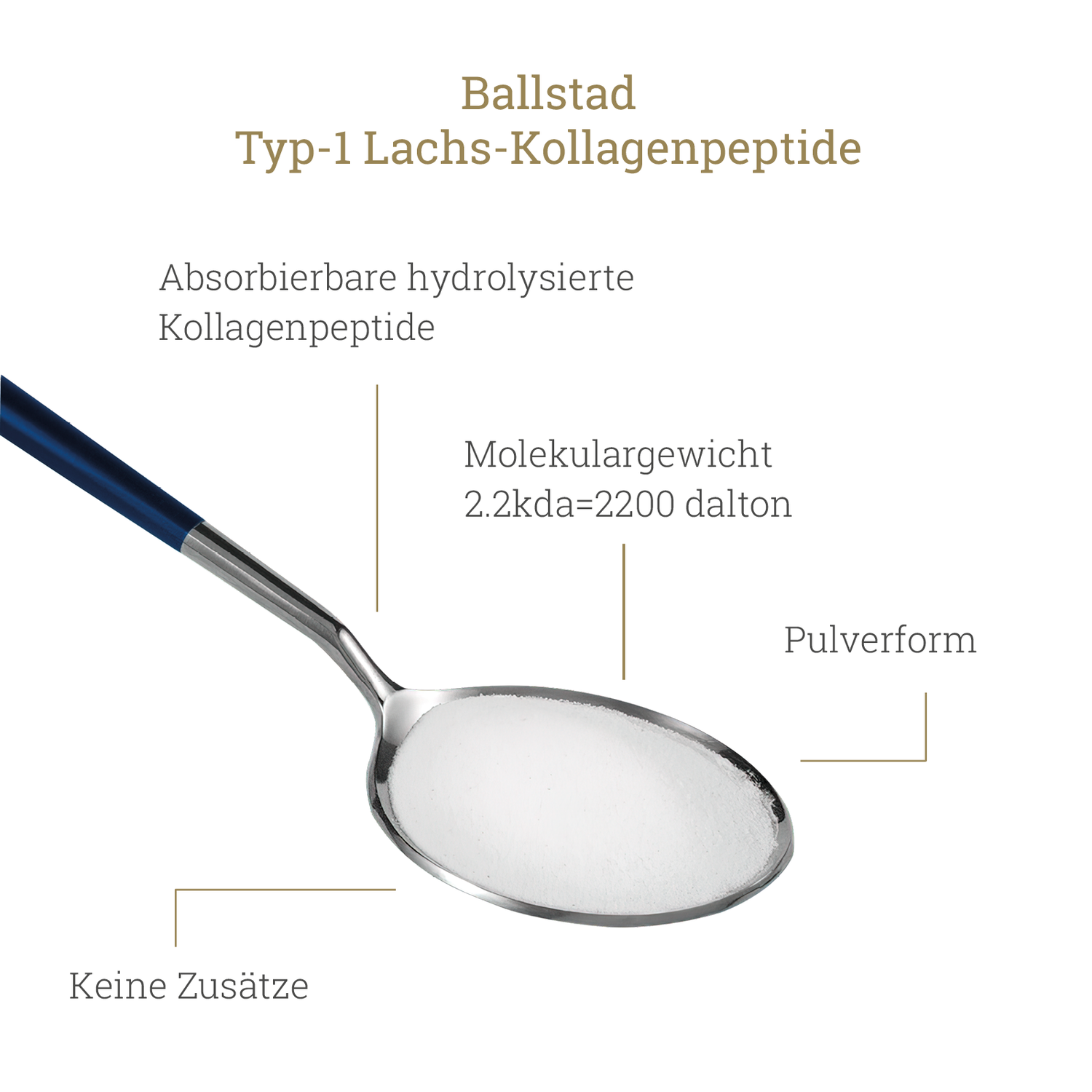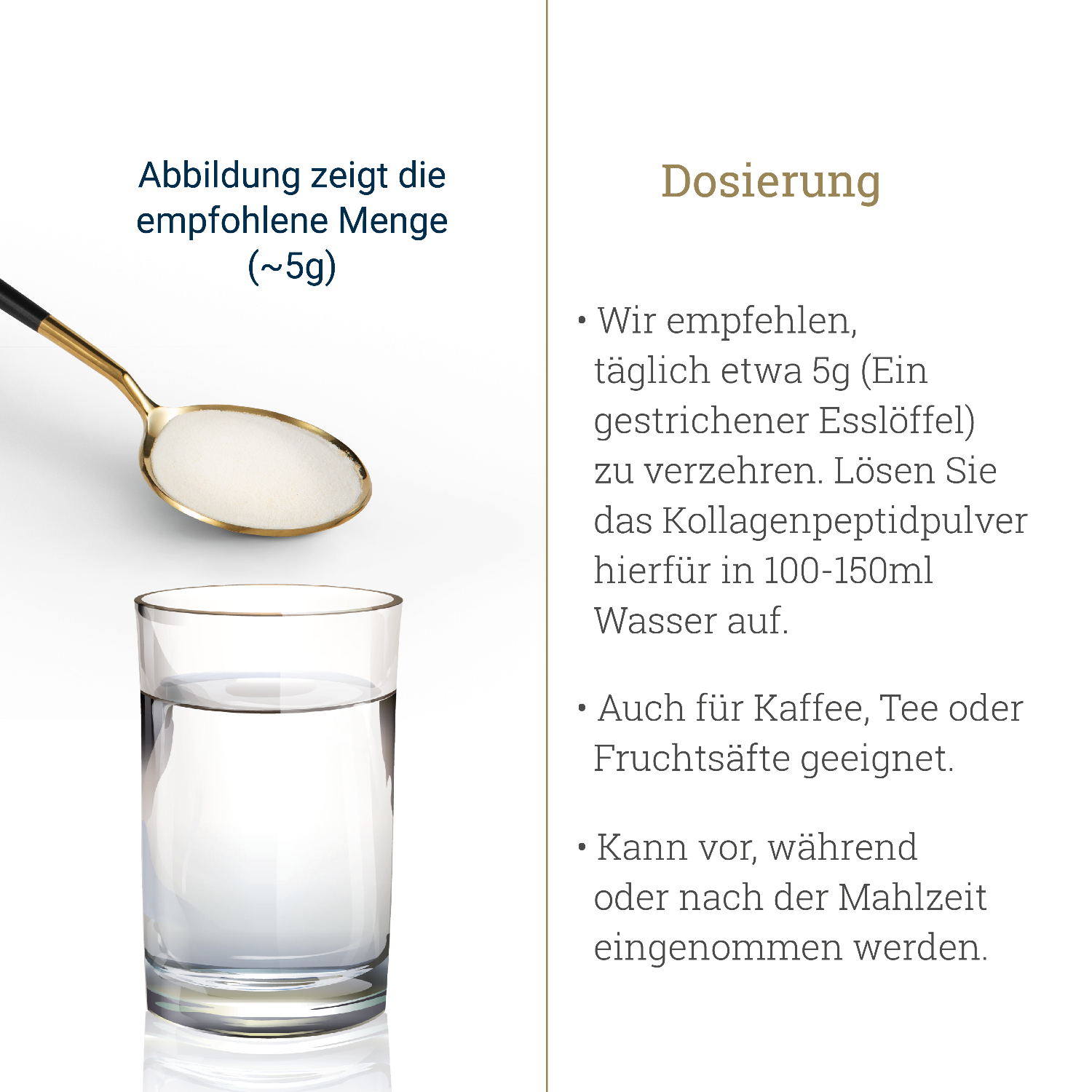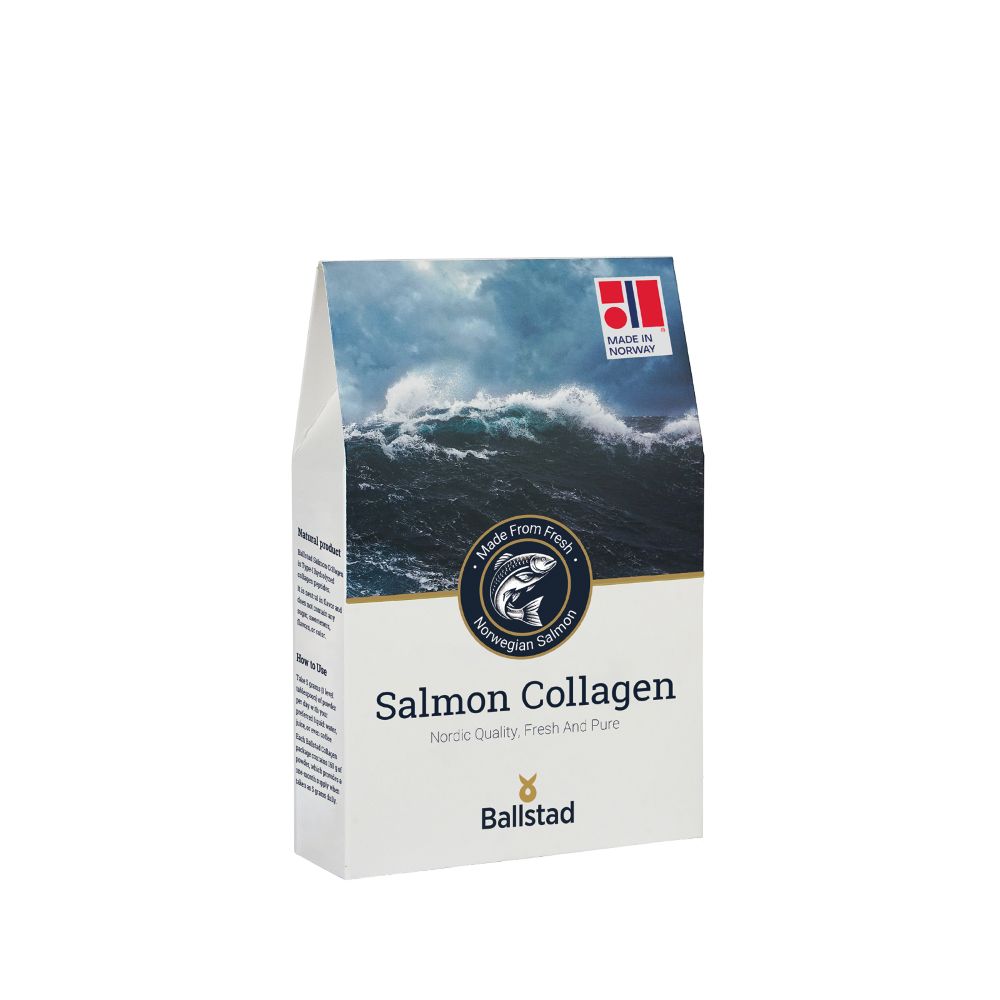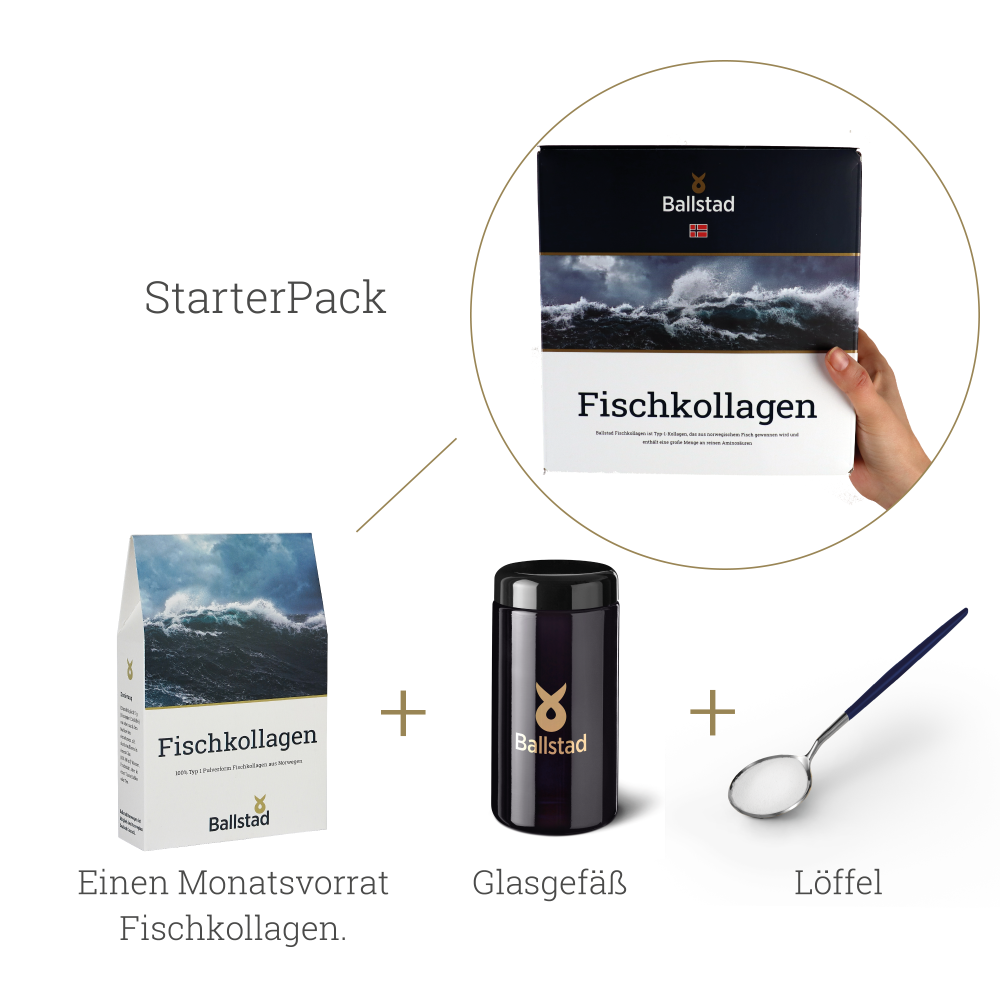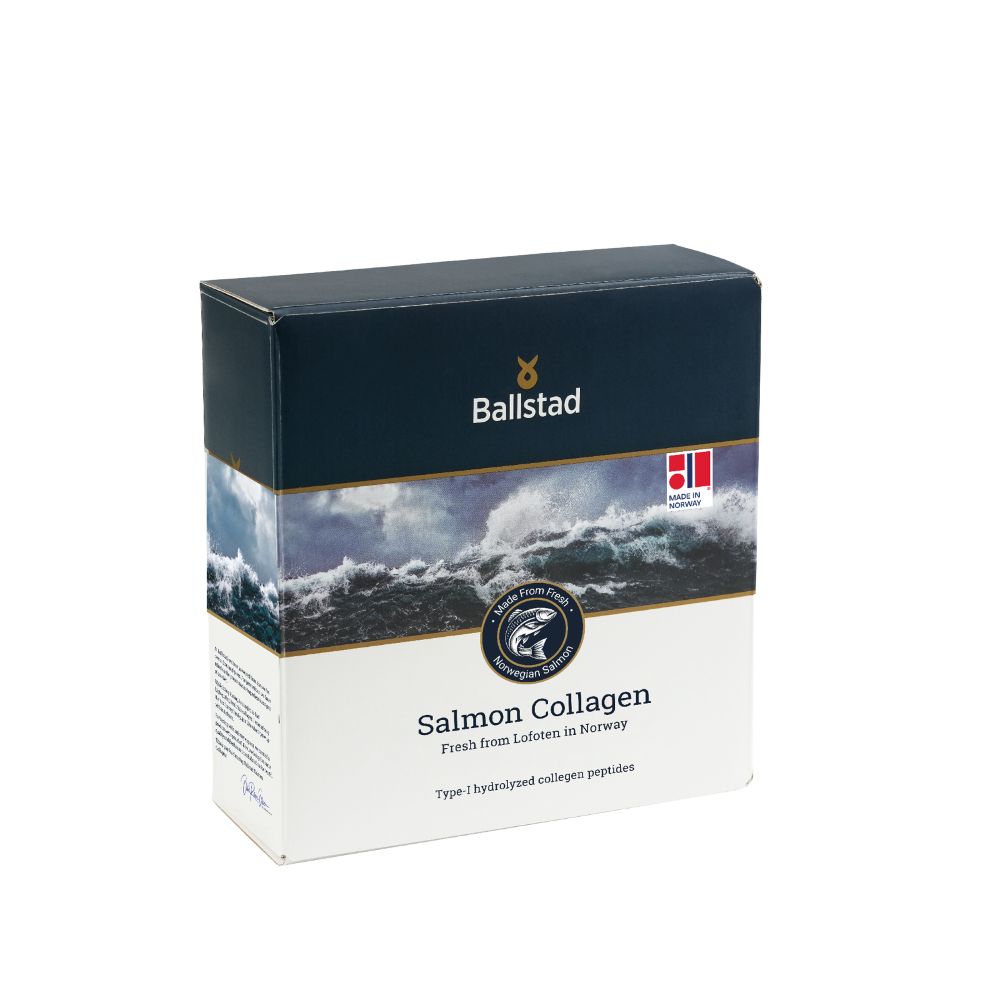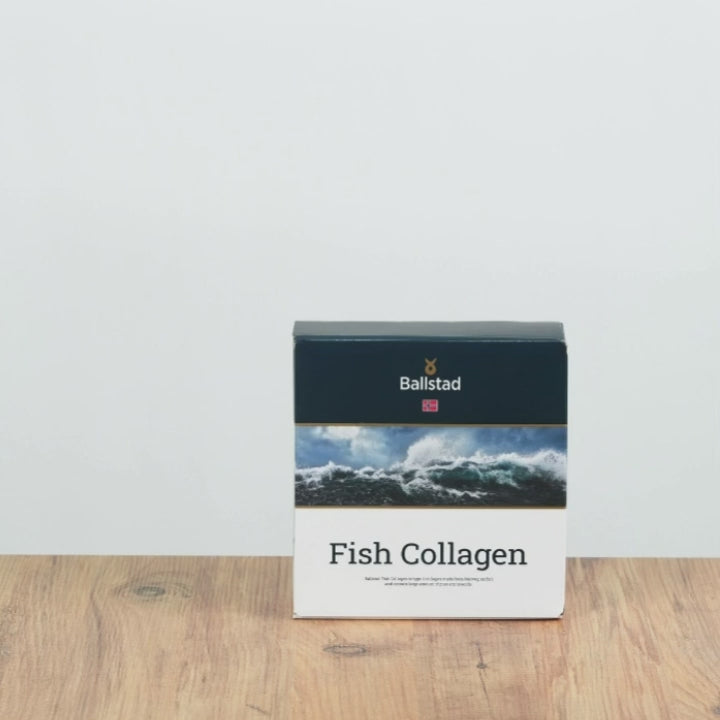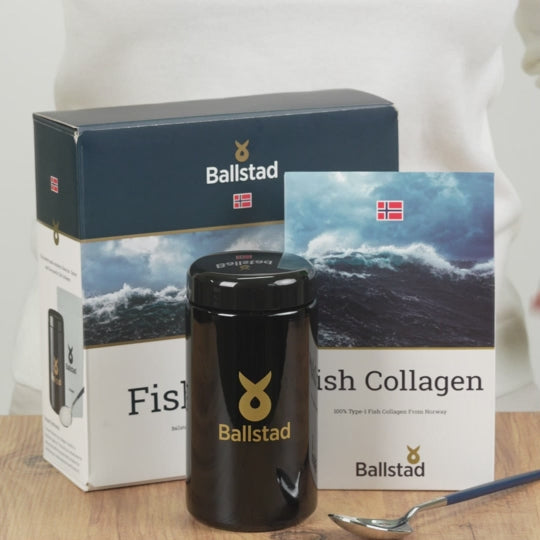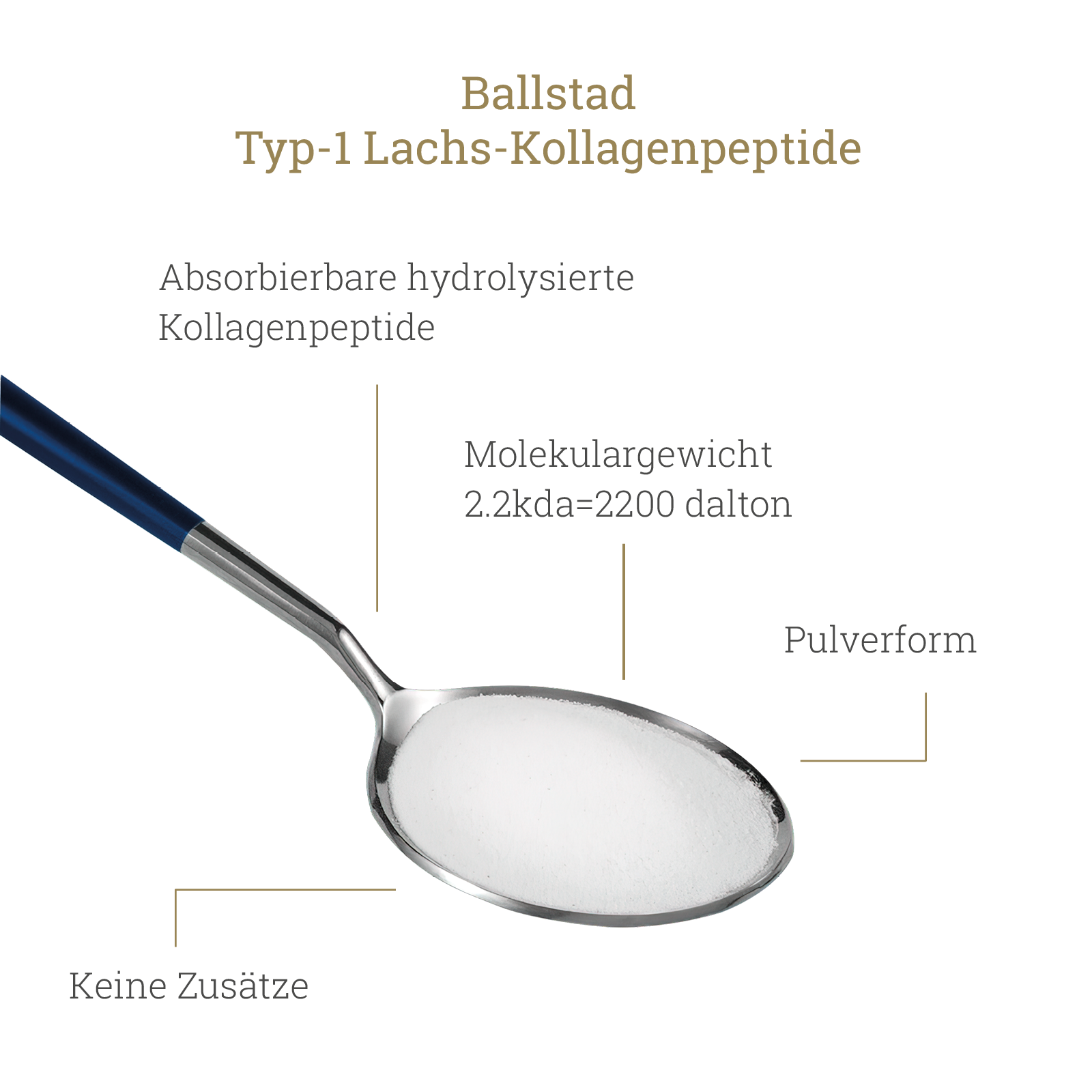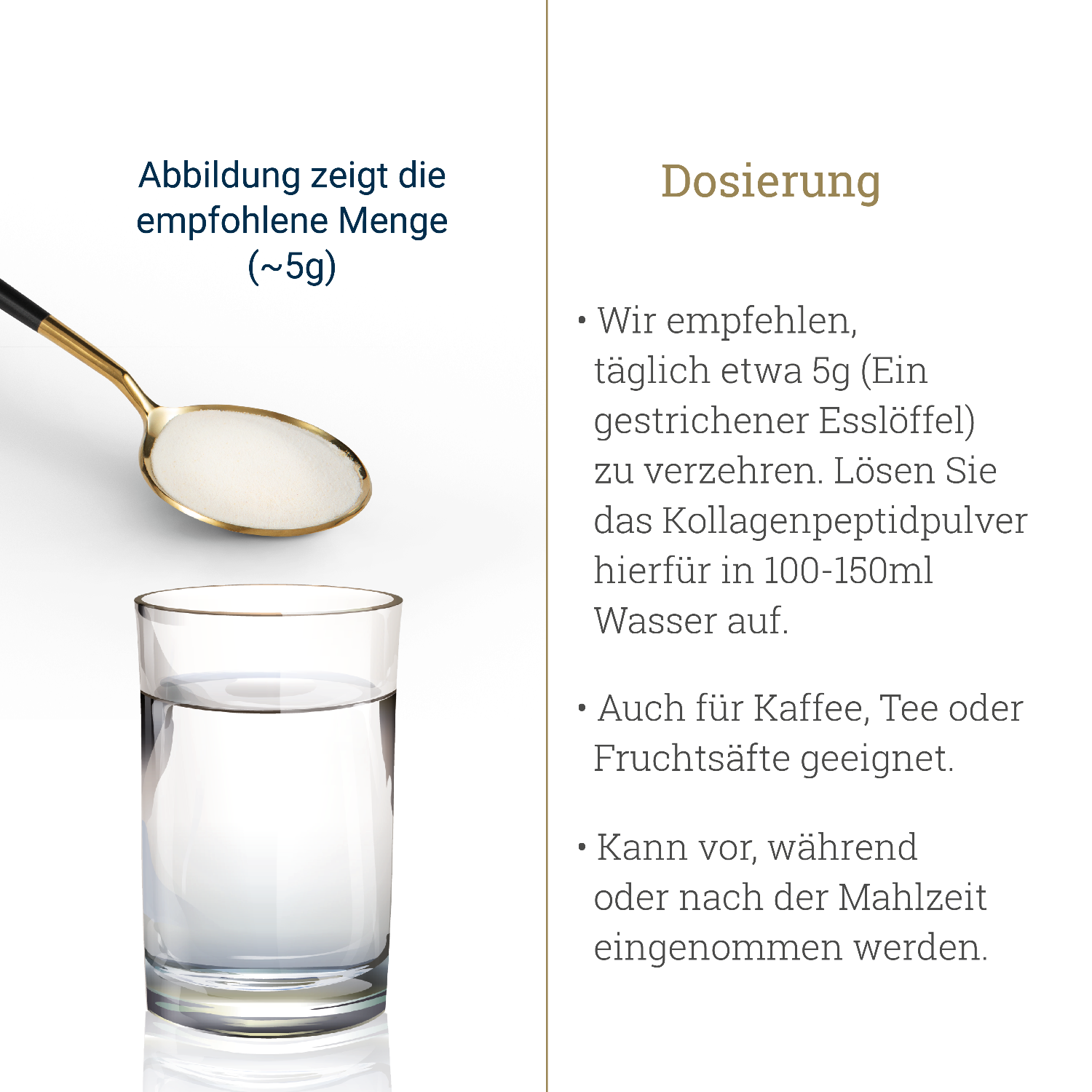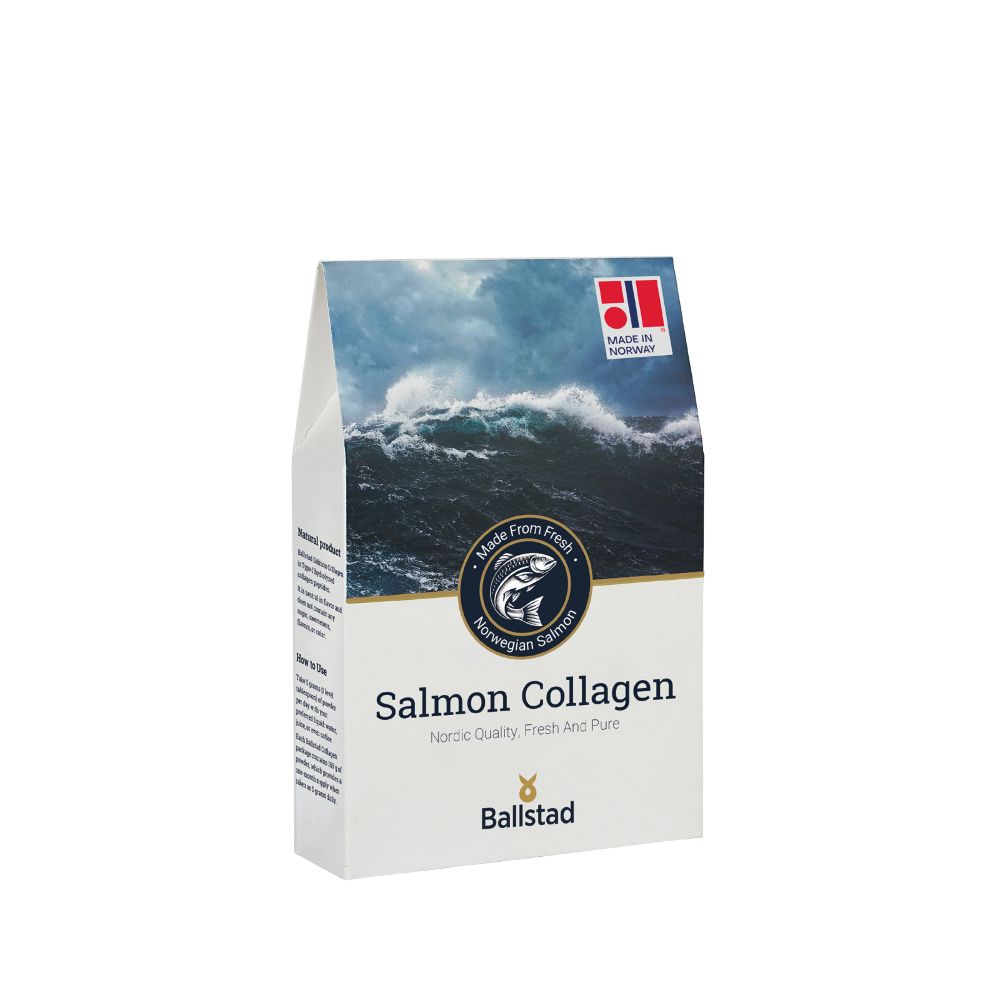The story behind the lines
Stretch marks develop in almost everyone at some point in life – for example, due to growth spurts, pregnancy, weight fluctuations, or simply the natural changes in the body. These fine lines on the thighs, stomach, hips, or arms are completely normal. However, many people wish their skin in these areas remained as smooth as possible.
Why stretch marks occur
When the skin stretches rapidly, the underlying connective tissue can't always keep pace. Fine cracks can develop in the middle layer of the skin—the dermis—which later appear as visible lines. Initially, these appear reddish or purple, and over time they usually fade but rarely disappear completely.
Collagen as a structural protein of the skin
Collagen is a key protein that gives skin strength and elasticity. It forms a kind of framework beneath the surface, providing elasticity. However, with age or rapid physical changes, the body produces less collagen. This makes the skin less able to respond to stretching.
Dietary supplements as possible support
Hydrolyzed collagen ("collagen peptides") provides building blocks that the body uses to build its own collagen. Studies* have observed an improvement in skin elasticity and moisture with regular use. This can help the skin appear smoother and feel more even-toned overall.
These results are derived from general studies on skin elasticity; they do not represent a promise of healing or effectiveness and do not replace medical advice.
Marine collagen – readily available and neutral in taste
Collagen from fish (marine collagen) is rich in type I collagen, which is particularly found in the skin. It is considered highly bioavailable and can be easily mixed into drinks or smoothies.
Realistic expectations
Collagen can support the skin from within, but it's not a substitute for medical treatment and isn't a "miracle cure" for stretch marks. A varied diet, adequate fluids, exercise, and careful skincare remain the foundation for healthy skin.
A notice:
This content is for general information purposes only. It has been carefully prepared in accordance with the requirements of the EU Health Claims Regulation (EC No. 1924/2006) and the Food and Feed Code (LFGB) . It does not constitute medical advice and does not contain any health-related claims of cure or efficacy.



